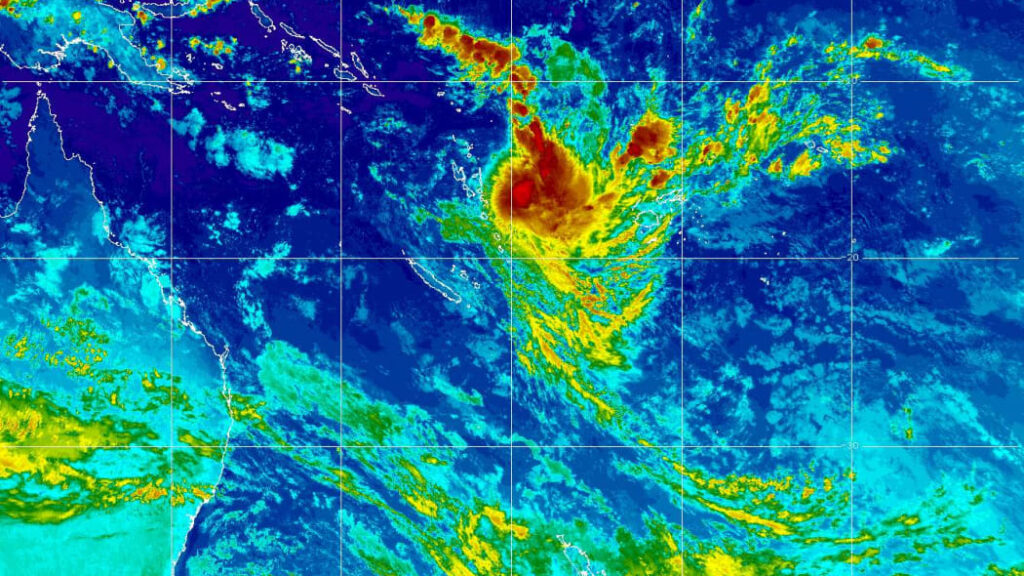Rare out of season cyclone renews climate change concerns
Richard Dinnen - Queensland Editor |

A leading Australian cyclone expert says the out of season system that formed in the western Pacific is rare but not unprecedented, and climate change could be a factor.
Category one Cyclone Gina developed near Vanuatu, about 2000 kilometres east of Queensland three weeks after the recognised end of the regional cyclone season, which runs from November to April.
Adjunct Professor Jon Nott, of James Cook University, said it is a rare event, but out of season cyclones have happened before in Queensland and the western Pacific.
“We can’t say this is evidence of climate change. No one single event, or even a season of events, can normally be regarded as evidence of climate change.
“Normally we want to see trends over time. But theoretically, climate change will produce more intense events and probably later in the year, even occurring further south than in recent times.”
A recent international study said the probability of intense cyclones, category three or above, will double across much of the world in the next few decades, with a significant increase in north Queensland.
Professor Nott said the predictions fit with other studies and climate models, but long-term records show frequent intense cyclone activity has happened in Queensland before.
“The data for the Cairns region, going back 2500 years, show we’ve had multiple category five cyclones come through in that time.
“They’ve certainly been less frequent in the past 100 years, that has been a relatively quiet time.”
Professor Nott uses long-term natural records of extreme weather events, including geological evidence, to understand long-term trends and estimate future risk.
He says there is evidence the Queensland tropical zone is expanding southwards.
“There is an expansion of the tropical cyclone formation zone in the Southern Hemisphere. It’s moving slightly further south. That fits with what we expect to see with climate change.
“And people would be freaking out if a category three cyclone hit Brisbane or the Gold Coast with 160 kilometre per hour winds.
“But if you go back to the 1950s, this happened several times. Brisbane and the Gold Coast were hit by quite severe tropical cyclones.
“It fits with the forecast of climate change, but it’s not unprecedented.”
Severe weather events have increased in Australia recently. Professor Nott said some of them have never happened before.
“If you talk about the bushfires in south-eastern Australia in 2019, no-one has any evidence of bushfires of that scale, that extent, that intensity, anytime in the past.
“Something like that, you can say it’s unprecedented. But when it comes to tropical cyclones, not necessarily.”



